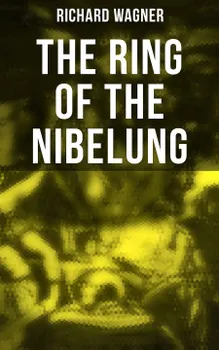Richard Wagner's 'The Ring of the Nibelung' is a groundbreaking opera cycle consisting of four parts: 'Das Rheingold,' 'Die Walküre,' 'Siegfried,' and 'Götterdämmerung.' Wagner's work is characterized by its intricate narrative, rich symbolism, and innovative use of leitmotifs. The opera addresses themes of power, greed, love, and redemption, set in a fantastical world inspired by Norse mythology. 'The Ring of the Nibelung' is a monumental work that redefined the possibilities of opera as an art form, with its epic scale and innovative orchestration. Richard Wagner, a German composer and conductor, drew inspiration from ancient Germanic legends and his own philosophical ideas when crafting 'The Ring of the Nibelung.' Wagner's revolutionary use of leitmotifs set a new standard for musical storytelling and has influenced generations of composers and musicians. His grand vision and dedication to creating a total work of art have cemented his legacy as one of the most important figures in the history of opera. I highly recommend 'The Ring of the Nibelung' to readers interested in exploring the intersection of music, mythology, and drama. Wagner's magnum opus is a transcendent experience that continues to captivate audiences with its timeless themes and innovative approach to opera.
The Ring of the Nibelung : Siegfried and the Twilight of the Gods
Kom i gang med denne bog i dag for 0 kr.
- Få fuld adgang til alle bøger i appen i prøveperioden
- Ingen forpligtelser, opsiges når som helst
Forfatter:
Sprog:
engelsk
Format:
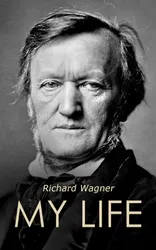
My Life : Autobiography
Richard Wagner

My life
Richard Wagner
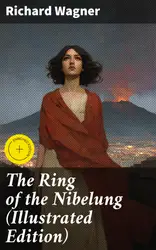
The Ring of the Nibelung (Illustrated Edition) : Enriched edition. Siegfried and the Twilight of the Gods
Richard Wagner

The Ring of the Nibelung (Illustrated Edition) : Siegfried and the Twilight of the Gods
Richard Wagner

Complete Piano Works
Richard Wagner

La Tétralogie de l'Anneau du Nibelung
Richard Wagner

The Book of Revelation For Dummies
Richard Wagner, Larry R. Helyer
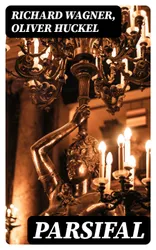
Parsifal : A Mystical Drama by Richard Wagner Retold in the Spirit of the Bayreuth Interpretation
Richard Wagner, Oliver Huckel
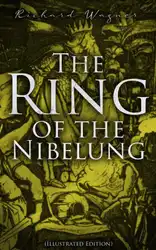
The Ring of the Nibelung (Illustrated Edition) : Siegfried and the Twilight of the Gods
Richard Wagner
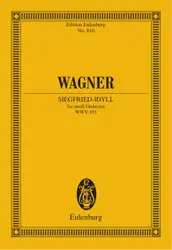
Siegfried-Idyll : WWV 103
Richard Wagner

The Flying Dutchman : Overture to the Opera
Richard Wagner
